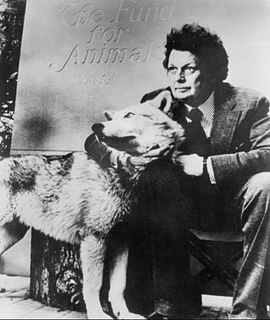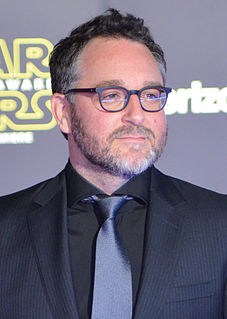A Quote by Steven C. Hayes
The mental cognitive processes that we're targeting are ones that narrow human beings' repertoire and make it harder for them to learn to be more flexible, to take advantage of the opportunities in front of them. We can have something to help with in areas like child development or organizations and schools, or maybe even how peoples interact with each other, one to the other. We've taken the work into things like prejudice and stigma, because if we can't solve that we have planes flying into buildings. So it applies broadly because anywhere that a human mind goes these processes go.
Quote Topics
Advantage
Anywhere
Areas
Because
Beings
Buildings
Child
Child Development
Cognitive
Development
Each
Even
Flexible
Flying
Front
Go
Goes
Harder
Help
How
Human
Human Being
Human Beings
Human Mind
Interact
Learn
Like
Make
Maybe
Mental
Mind
More
Narrow
Opportunities
Organizations
Other
Planes
Prejudice
Processes
Repertoire
Schools
Solve
Something
Stigma
Take
Take Advantage
Taken
Targeting
Them
Things
Work
Related Quotes
How can we encourage other human beings to extend their moral sympathies beyond a narrow locus? How can we learn to become mere human beings, shorn of any more compelling national, ethnic, or religious identity? We can be reasonable. It is in the very nature of reason to fuse cognitive and moral horizons. Reason is nothing less than the guardian of love.
One of the factors that make great companies so great is that they have processes that allow them to solve difficult problems again and again. These processes have developed over time as teams have successfully wrestled with a certain type of challenge. Eventually, people begin to say, "This is just how we do something around here." The problem develops when that team then has to solve a very different set of challenges. The processes that are such strengths can be crushing liabilities.
To our human minds, computers behave less like rocks and trees than they do like humans, so we unconsciously treat them like people.... In other words, humans have special instincts that tell them how to behave around other sentient beings, and as soon as any object exhibits sufficient cognitive function, those instincts kick in and we react as though we were interacting with another sentient human being.
It is your organized religions that have made it clear through their most sacred scriptures that cruelty and killing is an acceptable response to human frailty and human differences. This goes against every human instinct, but organized religion has reorganized human thoughts. Some humans have even been turned against their own instinct for survival. And so people go around maiming and killing each other, because they've been told quite directly that this is what God does to them--and what God wants them to do to each other.
The positive thing about collaborating is that I cannot get distracted by coding work, because I cannot waste the other collaborator's time in the same way as I can my own. And it's always good to learn how the other person works, learn about techniques, learn social things like: how do you communicate with another person? The music I make with other people I'm much more confident about, I'm a little bit less judgemental of the outcome than with my own stuff because I know it's not only me, it's a more outside of me. Sometimes I even like them better than my own tracks.
As anyone who has ever been around a cat for any length of time well knows, cats have enormous patience with the limitations of the human mind. They realize that, whether they like it or not, they are simply going to have to put up with what to them are excruciatingly slow mental processes, that we humans have embarrassingly low I.Q.'s, and that probably because of these defects, we have an infuriating inability to understand, let alone follow, even the simplist and most explicit of directions.
A person is a person through other persons. None of us comes into the world fully formed. We would not know how to think, or walk, or speak, or behave as human beings unless we learned it from other human beings. We need other human beings in order to be human. I am because other people are. A person is entitled to a stable community life, and the first of these communities is the family.
I think the definition will change as we learn more, but my working definition of solving the brain is: one, we can model, maybe in a computer, the processes that generate things like thoughts and feelings, and two, we can understand how to cure brain disorders, like Alzheimer's and epilepsy. Those are my two driving goals. One is more human-condition oriented, and one more clinical.
When people get taken over by the ego to such an extent, there is nothing else in their mind except the ego. They can no longer feel or sense their humanity - what they share with other human beings, or even with other life forms on the planet. They are so identified with concepts in their minds that other human beings become concepts as well.
I recalled how much time i had spent fighting for something i didn't even want. maybe because i had been too lazy to think of other avenues to follow. maybe because i had been afraid of what others would think. maybe because it was hard work to be different. perhaps, because a human being is condemned to repeat the steps taken by the previous generation until a certain number of people begin to behave in a different fashion. then the world changes, and we change with it.

































